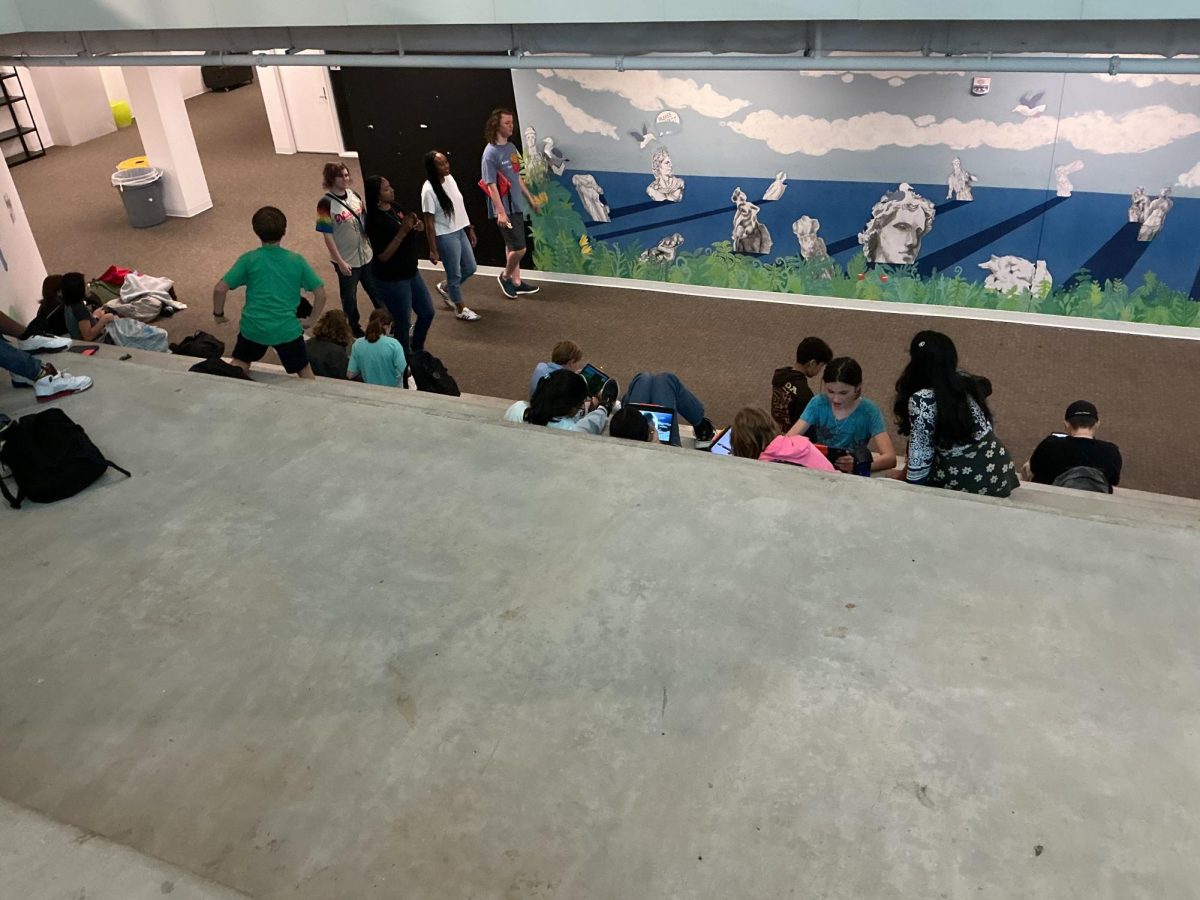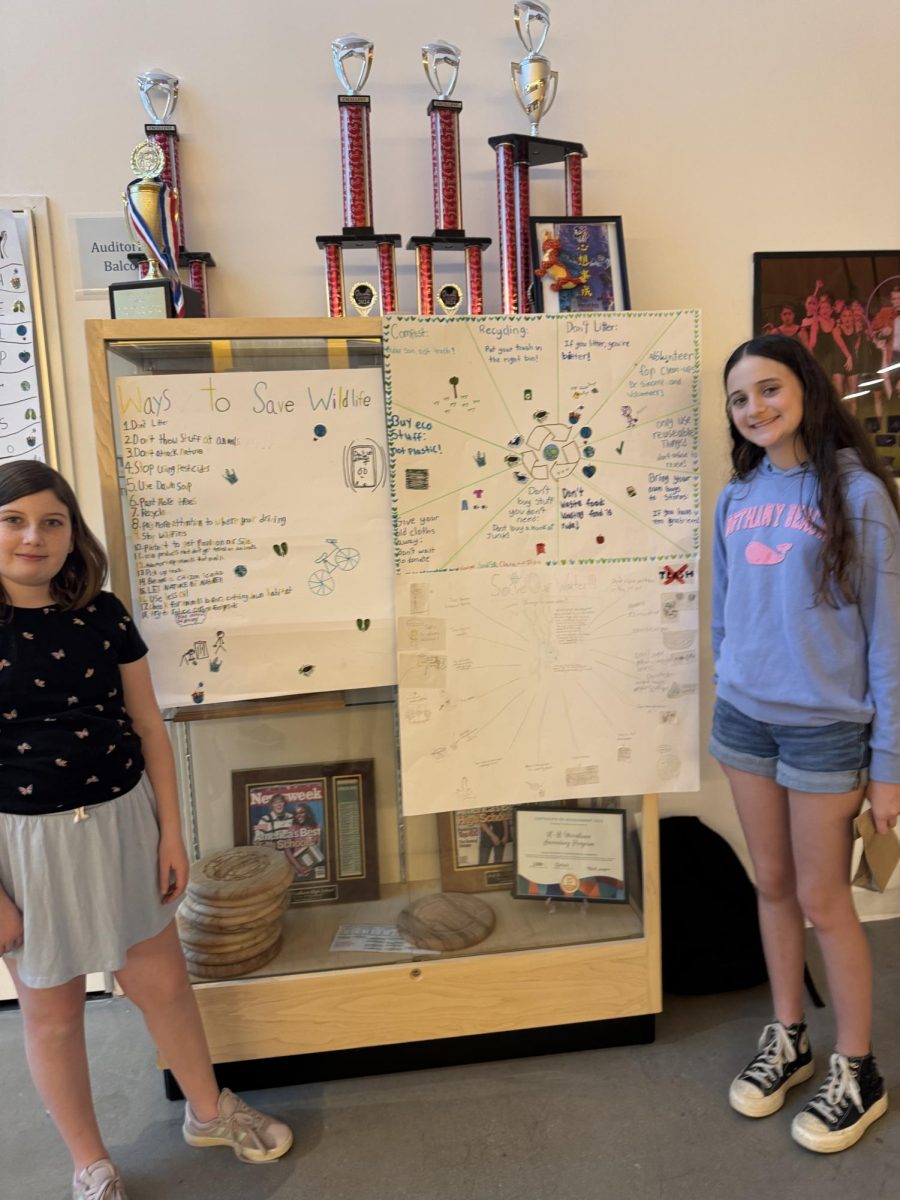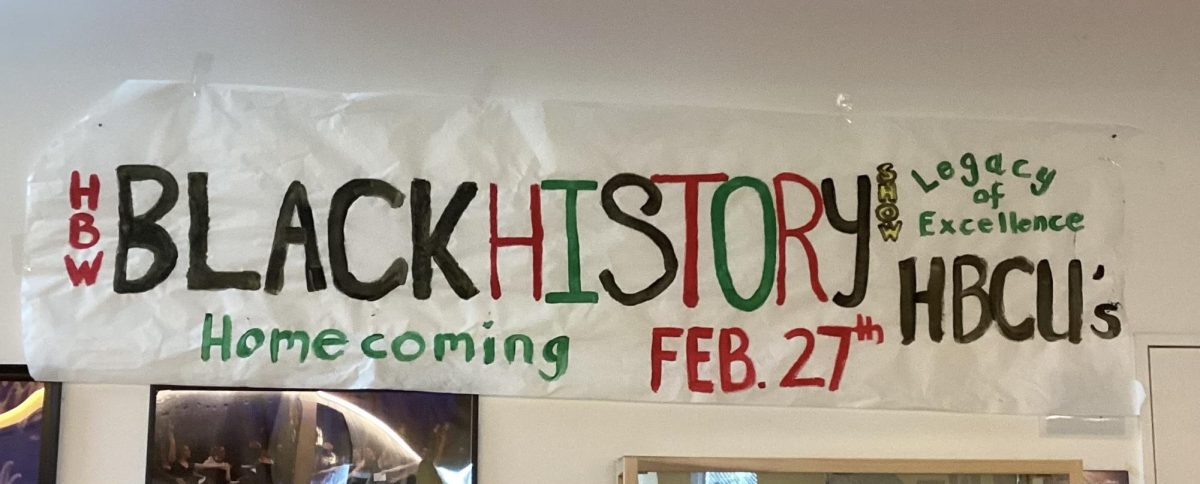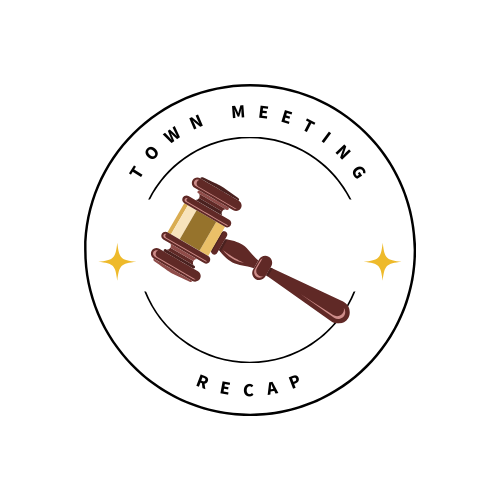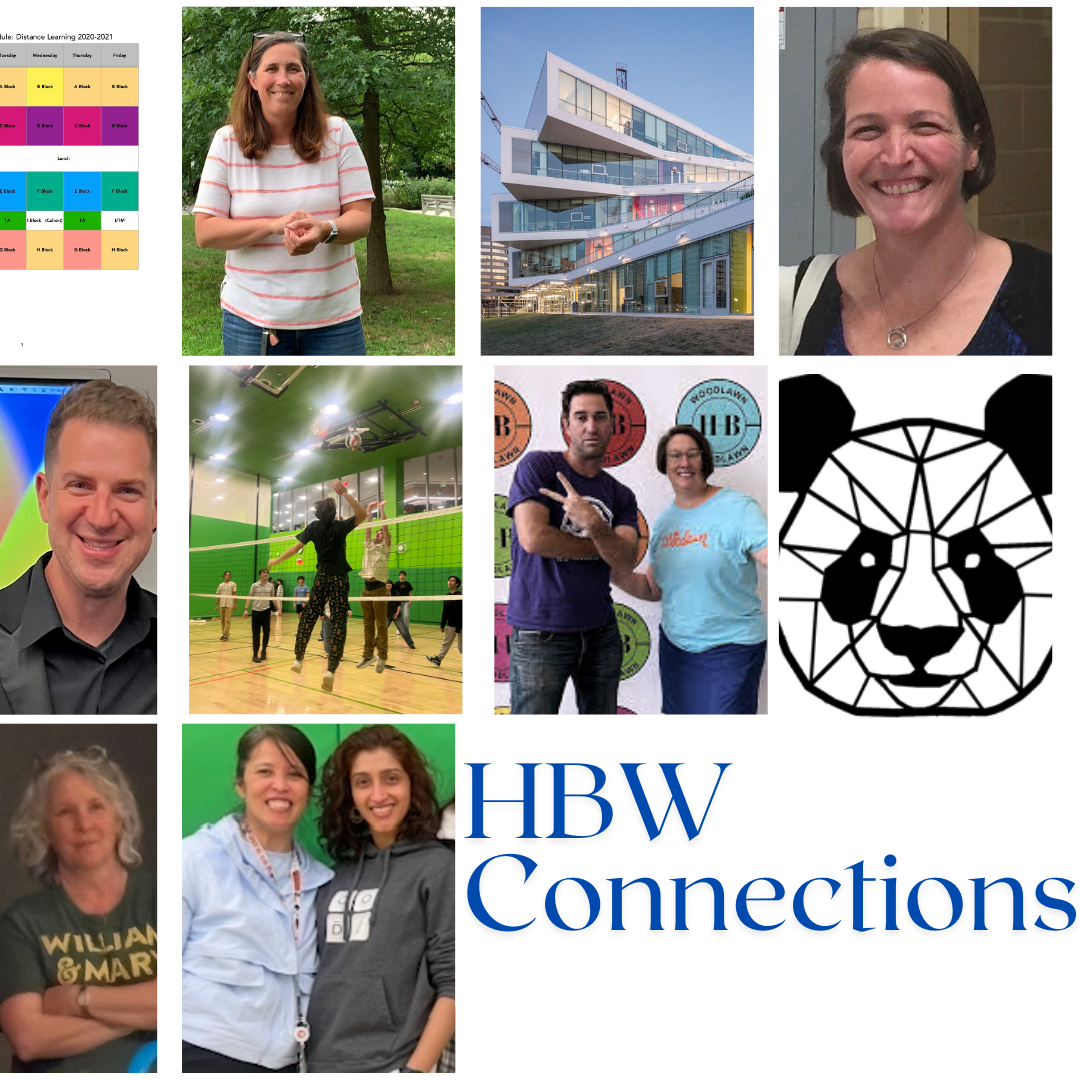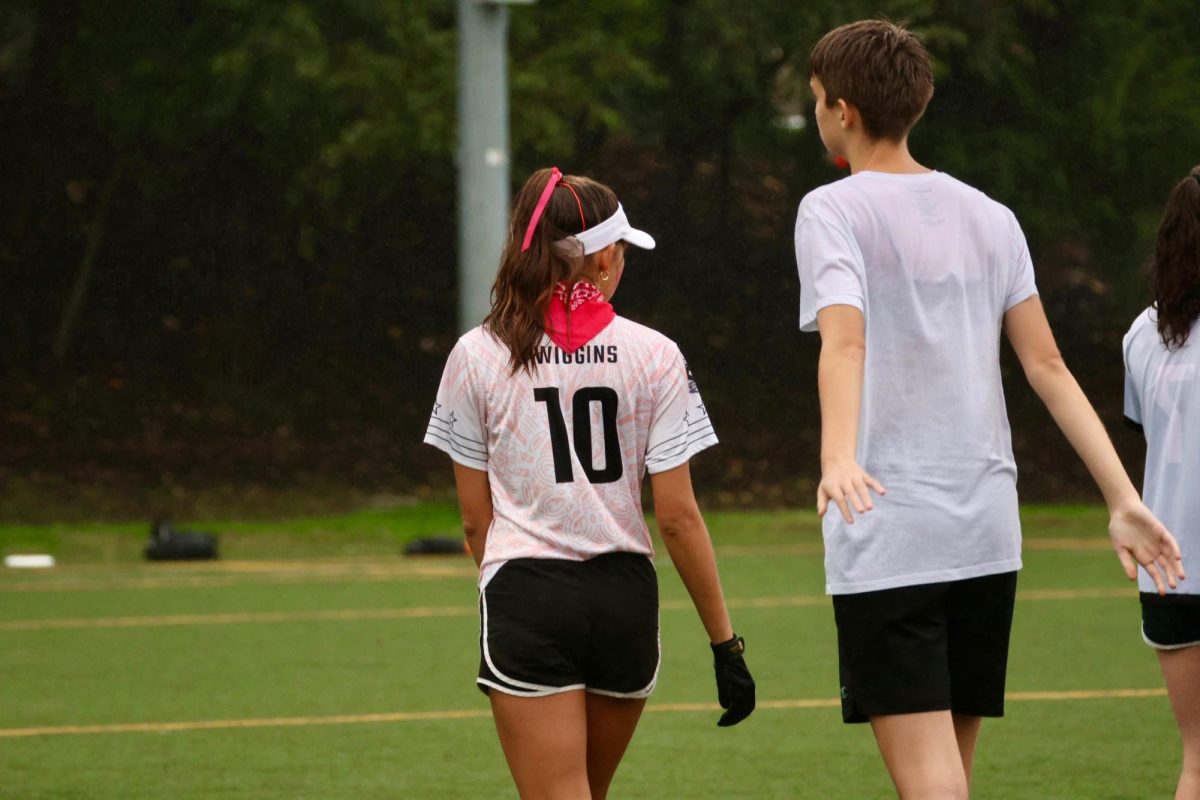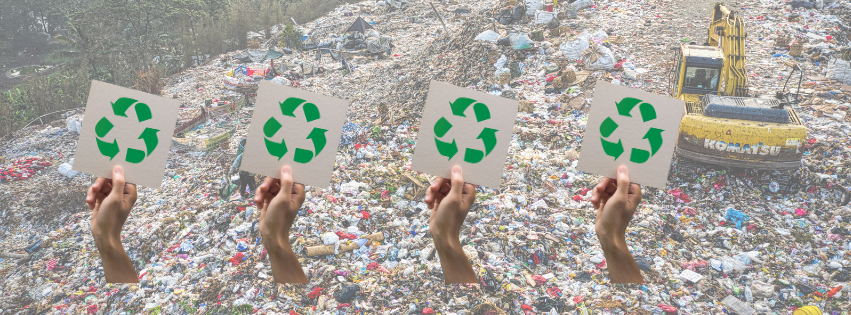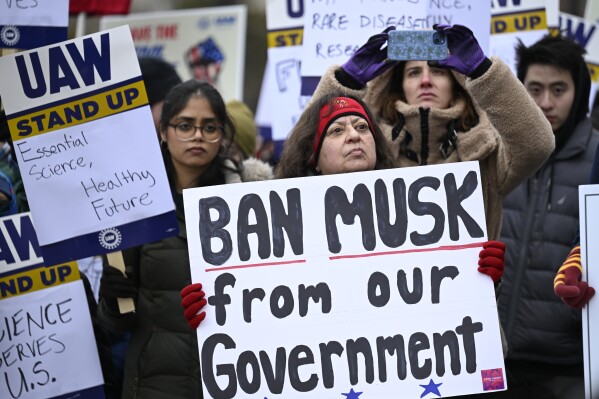Since the beginning of the Trump administration, it was made clear that the President is very against the United States Agency for International Development (USAID), an organization that provides humanitarian aid to countries in state of war or emergency. The first wave of layoffs in the DMV began in early February and have caused over 275,000 federal civil service employees to lose their jobs.
The layoffs have mostly impacted the international development front, impacting both USAID and government contractors that work with the agency. As well as impacting USAID, these layoffs have impacted almost every department in the U.S government.
The newly created Department of Government Efficiency (DOGE) was responsible for most of the layoffs, spearheaded by billionaire and department head Elon Musk. The layoffs take aid workers out of the field worldwide and will put an end to a six-decade mission of foreign assistance.
As of now, over 99% of the agency’s staff has been laid off. The United States is the world’s largest humanitarian donor and this agency shutdown sets back billion-dollar aid efforts in 120 countries.
There has been a large amount of layoffs particularly in the D.C area. People here at H-B have been affected due to these cuts–both students and staff have had to make significant changes to their lives. With one or more people in a family out of a job, it’s hard to predict how your life will be after being laid off. While everyone’s situation is different, most people share common experiences.
We spoke with three members of H-B’s staff and one student, about how this affected their families. Everyone who spoke about their experience with the layoffs said the loss of a steady source of income from half of the household prompted some difficult conversations.
Furthermore, the job market for someone who has been furloughed or laid off is particularly difficult in the aftermath of recent cuts. When there is a large mass of unemployed workers in a particular area or specialty, jobs are accordingly scarce. For people who worked for or with USAID, there is such a decrease in the number of job openings that many have been forced to switch specialties.
These cuts have affected many members of our county and school community. If you know someone whose family is going through this, reach out to them. It’s a very difficult situation to go through, and it’s always nice to have someone to talk to about it. If you want to read about the percentages of the agencies that have had layoffs, you can read about it here.

